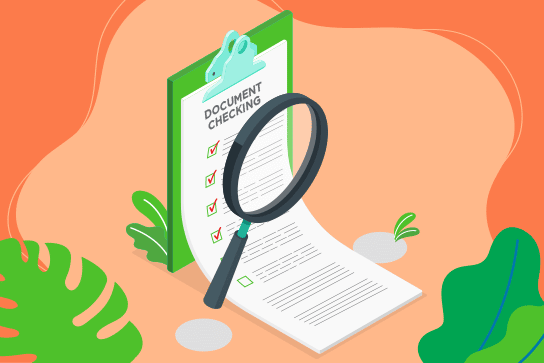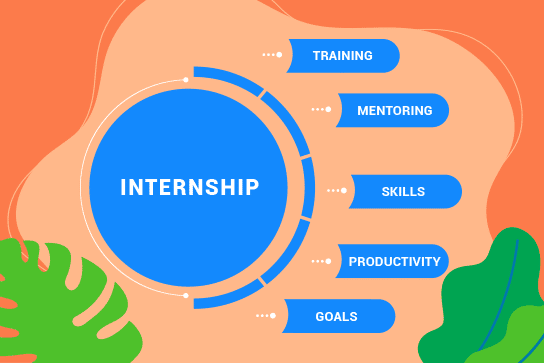LISTEN AUDIO
Last Updated on April 7, 2023 by Ozlinks Education
Subject: Implement and monitor environmentally sustainable work practices
This unit BSBSUS401 describes the skills and knowledge required to effectively analyse the workplace in relation to environmentally sustainable work practices and to implement improvements and monitor their effectiveness.
It applies to individuals with responsibility for a specific area of work or who lead a work group or team and addresses the knowledge, processes, and techniques necessary to implement and monitor environmentally sustainable work practices, including the development of processes and tools.
Elements and Performance Criteria
Elements describe the essential outcomes. Performance criteria describe the performance needed to demonstrate achievement of the element.
1.Investigate current practices in relation to resource usage
1.1 Identify environmental regulations applying to the enterprise.
1.2 Analyse procedures for assessing compliance with environmental/sustainability regulations.
1.3 Collect information on environmental and resource efficiency systems and procedures and provide to the work group where appropriate.
1.4 Collect, analyse, and organise information from a range of sources to provide information/advice and tools/resources for improvement opportunities.
1.5 Measure and document current resource usage of members of the work group
1.6 Analyse and document current purchasing strategies
1.7 Analyse current work processes to access information and data to assist in identifying areas for improvement.
2. Set targets for improvements
2.1 Seek input from stakeholders, key personnel and specialists.
2.2 Access external sources of information and data as required.
2.3 Evaluate alternative solutions to workplace environmental issues.
2.4 Set efficiency targets
3. Implement performance improvement strategies
3.1 Source and use appropriate techniques and tools to assist in achieving efficiency targets.
3.2 Apply continuous improvement strategies to own work area of responsibility, including ideas and possible solutions to communicate to the work group and management.
3.3 Implement and integrate environmental and resource efficiency improvement plans for own work group with other operational activities.
3.4 Supervise and support team members to identify possible areas for improved practices and resource efficiency in work area.
3.5 Seek suggestions and ideas about environmental and resource efficiency management from stakeholders and act upon where appropriate.
3.6 Implement costing strategies to fully utilise environmental assets.
4. Monitor performance
4.1 Use and/or develop evaluation and monitoring, tools, and technology.
4.2 Document and communicate outcomes to report on efficiency targets to key personnel and stakeholders.
4.3 Evaluate strategies and improvement plans.
4.4 Set new efficiency targets and investigate and apply new tools and strategies.
4.5 Promote successful strategies and reward participants where possible.
Assessment Requirements
Performance Evidence
Evidence of the ability to:
- analyse information from a range of sources to identify current procedures, practices and compliance requirements in relation to environmental and resource sustainability.
- consult and communicate with relevant stakeholders to seek input and encourage engagement with developing and implementing sustainability improvements, encourage feedback and suggestions and report on outcomes.
- plan and organise work group activities to:
- measure current resource usage.
- solve problems and generate ideas for improvements.
- evaluate and implement strategies to improve resource usage.
- plan, implement and integrate improvements into operations.
- meet environmental requirements.
- apply continuous improvement approach to sustainability performance.
- apply change management techniques to support sustainability performance.
Knowledge Evidence
To complete the unit requirements safely and effectively, the individual must:
- identify relevant internal and external sources of information and explain how they can be used to identify sustainability improvements.
- explain the compliance requirements for the work area with reference to legislation, regulations, codes of practice and workplace procedures that relate to environmental and resource issues.
- outline common environmental and energy efficiency issues within the industry.
- give examples of benchmarks for environmental and resource sustainability that are relevant to the organisation.
- outline organisational systems and procedures that relate to environmental and resource sustainability improvements including:
- supply chain, procurement and purchasing.
- quality assurance.
- making recommendations and seeking approvals.




